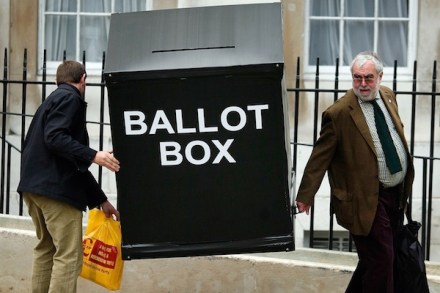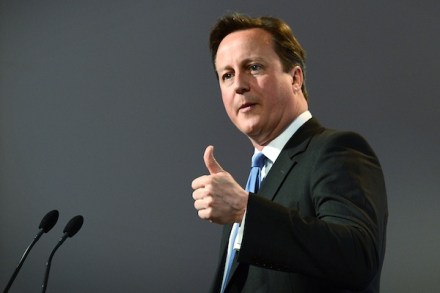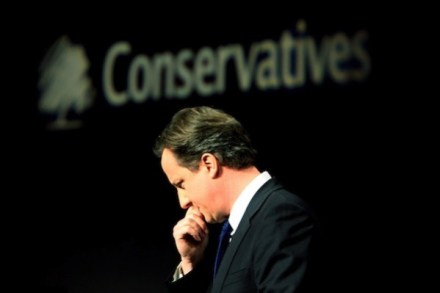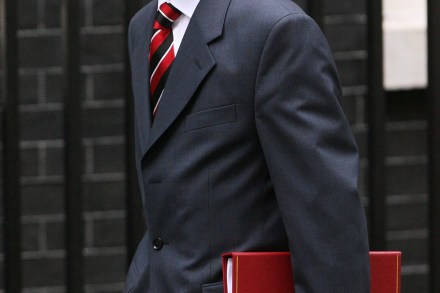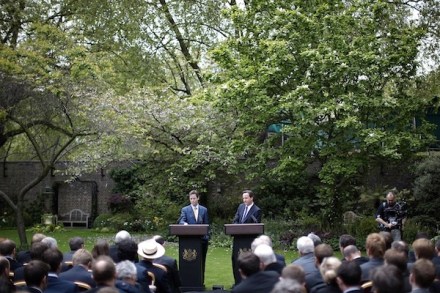Someone has got to win the next election
It is easy to make a case for why all three main parties should do badly at the next election. After five years of austerity, who will vote for the Tories who didn’t in 2010? And how will they stop those dissatisfied with the compromises of coalition from sloping off to Ukip? As for Labour, why would the public want to put them back in charge just five years after booting them out? This question has special force given that the Labour leadership is so identified with that failed belief that boom and bust had been ended. Then, there’s the Liberal Democrats—they’ve alienated their left-leaning supporters and lost their status
